Live streaming on Altcast.TV is now available!
PARDONING LEO MAX FRANK 🔞 DUNCAN ONZOG
From the data banks of VfB [source located! https://odysee.com/@Duncan_Onz....og:c/Pardoning-PEdO- 🫡
Thumbnail: https://newrepublic.com/articl....e/122542/distant-mir
https://www.georgiaencyclopedi....a.org/articles/histo
Just the flawed conclusion:
Conclusion
The Frank case not only was a miscarriage of justice but also symbolized many of the South’s fears at that time. Workers resented being exploited by northern factory owners who had come south to reorganize a declining agrarian economy. Frank’s Jewish identity compounded southern resentment toward him, as latent anti-Semitic sentiments, inflamed by Tom Watson, became more pronounced. Editorials and commentaries in newspapers all over the United States supporting a new trial for Frank and/or claiming his innocence reinforced the beliefs of many outraged Georgians, who saw in them the attempt of Jews to use their money and influence to undermine justice.
Frank’s trial had far-reaching impacts. It struck fear in Jewish southerners, causing them to monitor their behavior in the region closely for the next fifty years—until the civil rights movement led to more significant changes. But it also inspired the formation of the Anti-Defamation League, one of the nation’s foremost civil rights organizations.
In 1986 the Georgia State Board of Pardons and Paroles pardoned Frank, stating:
Without attempting to address the question of guilt or innocence, and in recognition of the State’s failure to protect the person of Leo M. Frank and thereby preserve his opportunity for continued legal appeal of his conviction, and in recognition of the State’s failure to bring his killers to justice, and as an effort to heal old wounds, the State Board of Pardons and Paroles, in compliance with its Constitutional and statutory authority, hereby grants to Leo M. Frank a Pardon.
The pardon was motivated in part by the 1982 testimony of eighty-three-year-old Alonzo Mann, who as an office boy had seen Jim Conley carrying Mary Phagan’s body to the basement on the day of her death. Conley had threatened to kill Mann if he said anything, and the boy’s mother advised him to keep silent. For those who thought Frank innocent, this provided confirmation; for those who believed him guilty, this was insufficient evidence to change their views.
The case inspired several scholarly treatments by historians and also made its way, through various media, into the popular culture. In 1915 Georgia musician Fiddlin’ John Carson wrote a ballad about Mary Phagan, which he performed on the steps of the state capitol to protest the commutation of Frank’s sentence. Ten years later the song was recorded as “Little Mary Phagan” by Moonshine Kate, Carson’s daughter, and around the same time Carson recorded a related song, “The Grave of Little Mary Phagan.”
Other popular interpretations of the case include the film They Won’t Forget (1937), based on Ward Greene’s fictionalized account Death in the Deep South (1936), with Lana Turner playing the victim in her first credited screen role; the television mini-series The Murder of Mary Phagan (1988), starring Jack Lemmon as Governor John Slaton; two novels—Richard Kluger’s Members of the Tribe (1977), a detailed reconstruction of the case, but set in Savannah rather than Atlanta, and David Mamet’s The Old Religion (1997), in which a fictionalized Frank tells his story in the first person; and Atlanta playwright Alfred Uhry’s Broadway musical Parade (1999), the title a reference to both the Confederate Memorial Day parade that brought Mary Phagan to town and the lynch mob that took Frank from Milledgeville to Marietta.
In 2008 the William Breman Jewish Heritage Museum in Atlanta opened a special exhibition entitled Seeking Justice: The Leo Frank Case Revisited, and in 2009 an episode of the PBS series American Experience entitled “The People v. Leo Frank” premiered in Atlanta, where the program was also filmed.
#kmprising 🔥
https://www.nytimes.com/2022/0....6/28/world/europe/ex
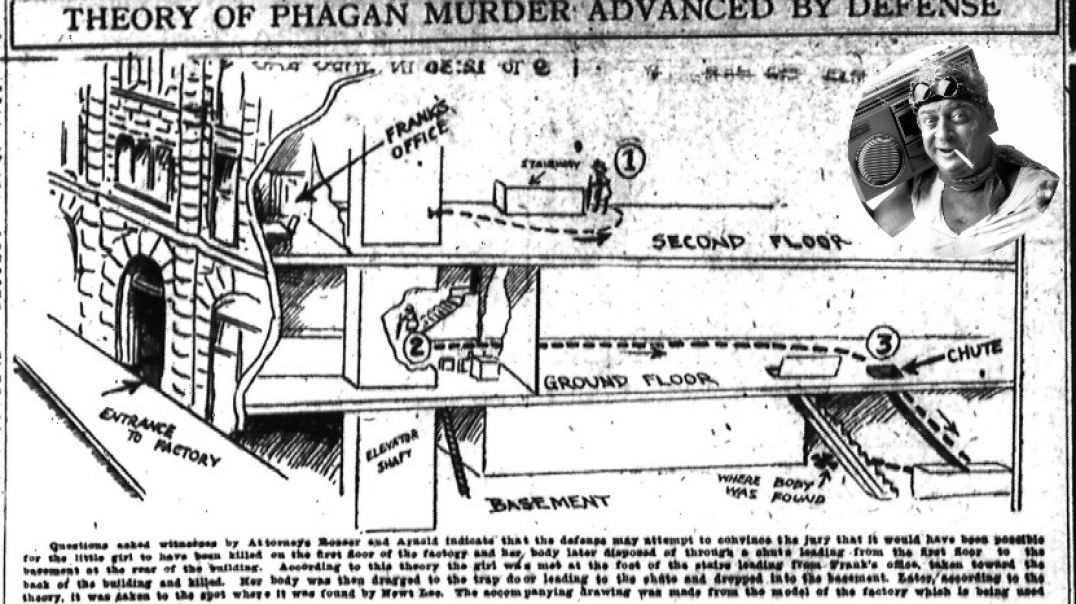
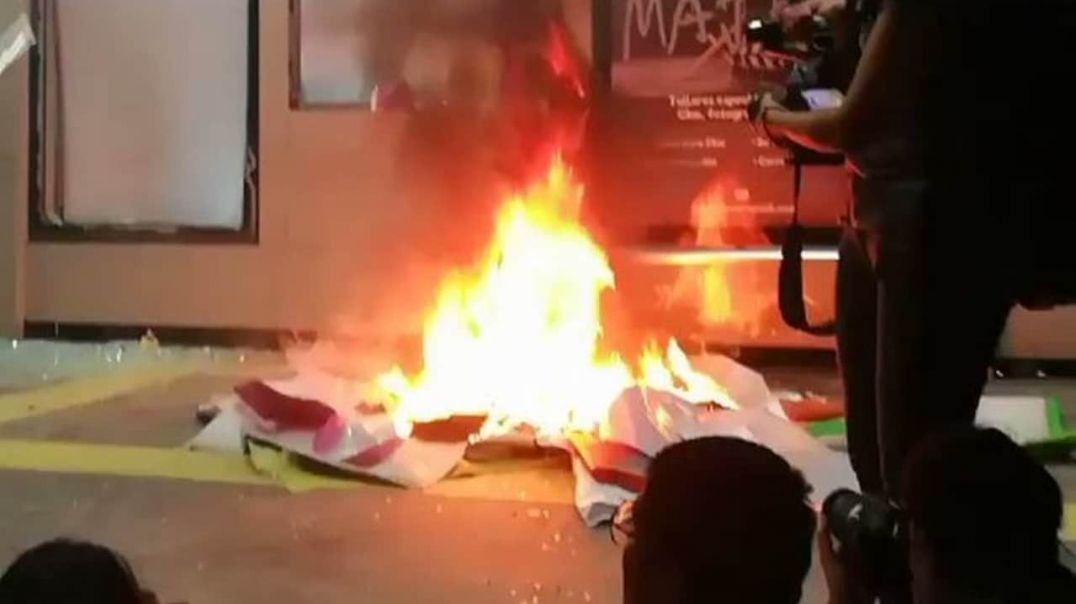
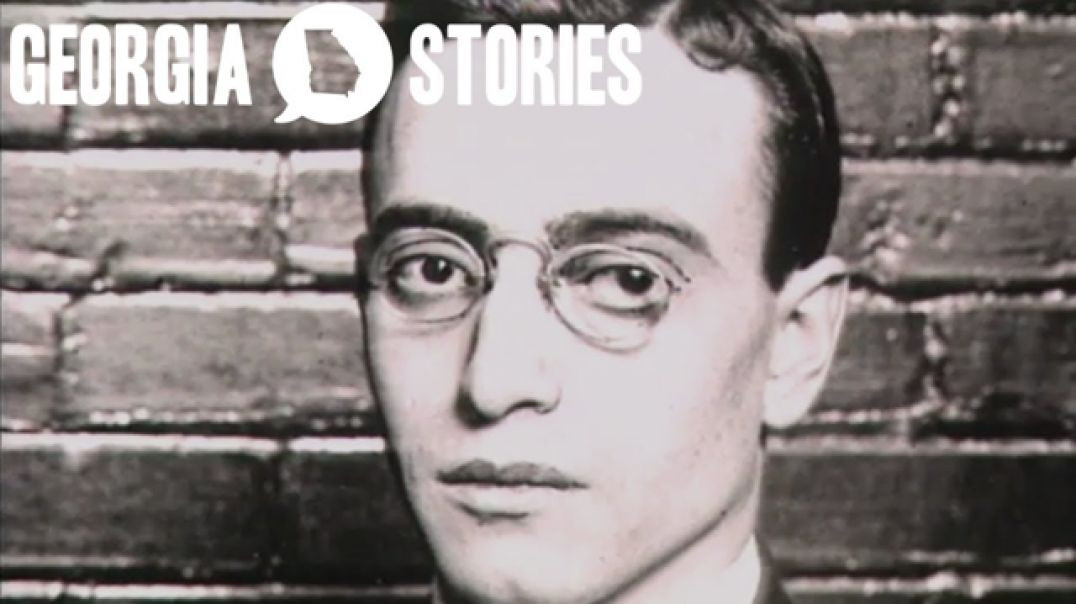
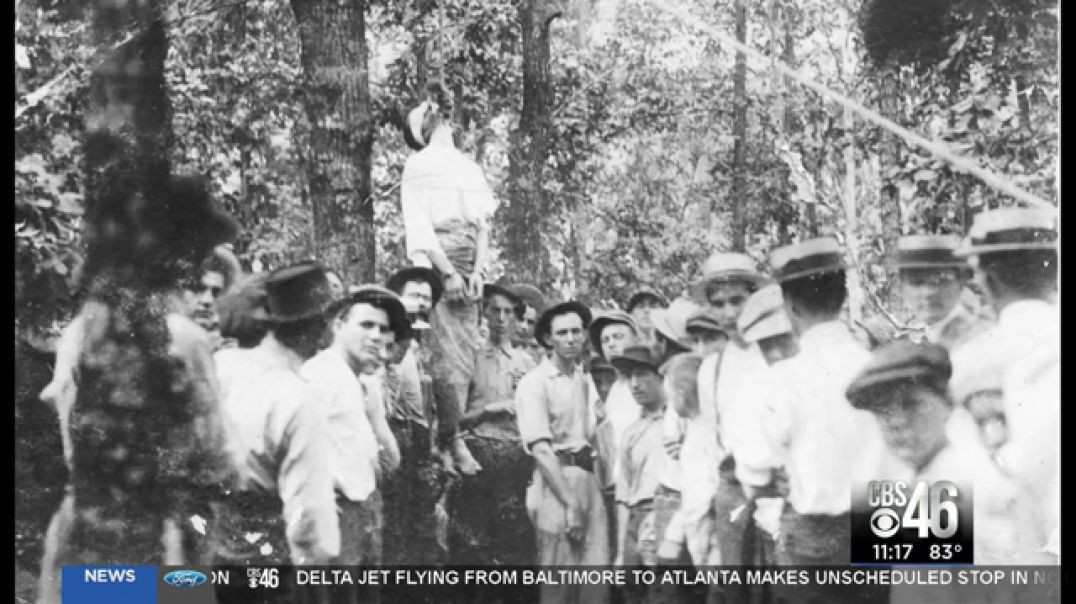
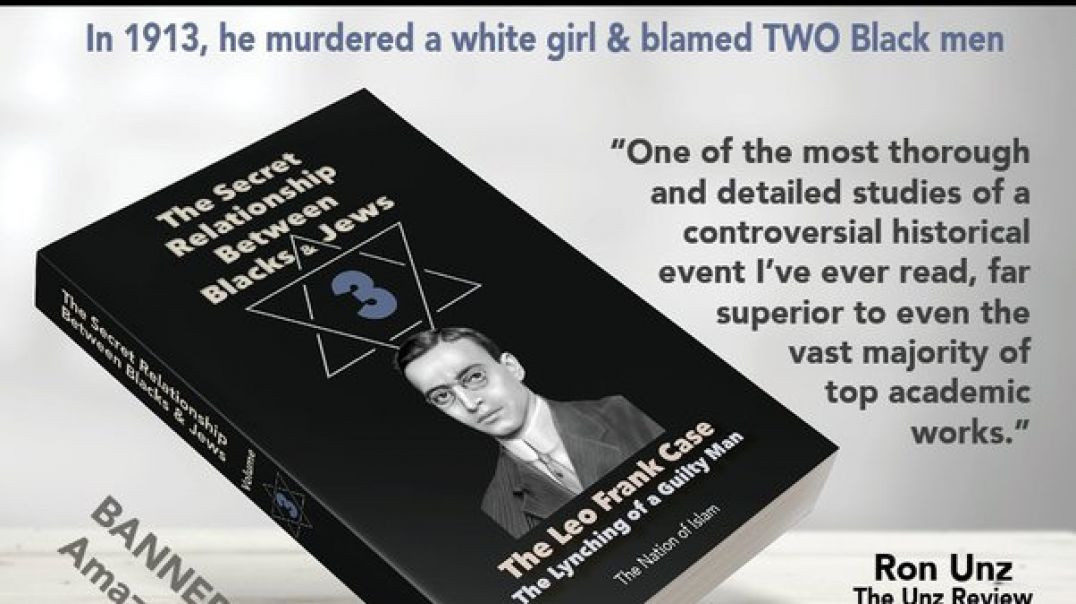
![THE TRUMP TRIAL IS THE INVERSE OF THE LEO MAX FRANK TRIAL ⚖ [HODGE TWINS DISCUSS INVADERS IN THE US]](https://s3.us-central-1.wasabisys.com/altcast1/upload/photos/2023/11/U66kyF5tXM4ZmjV67AtV_08_2396c370e550e4abb42d0e3c65aaa3e5_image.jpg)
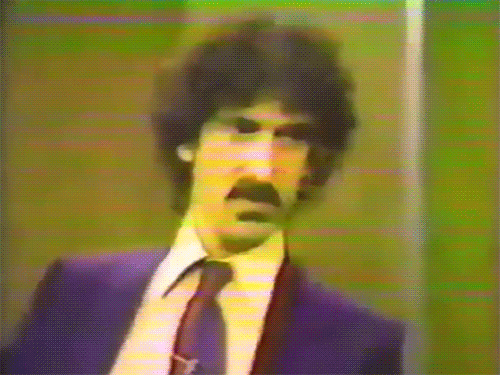
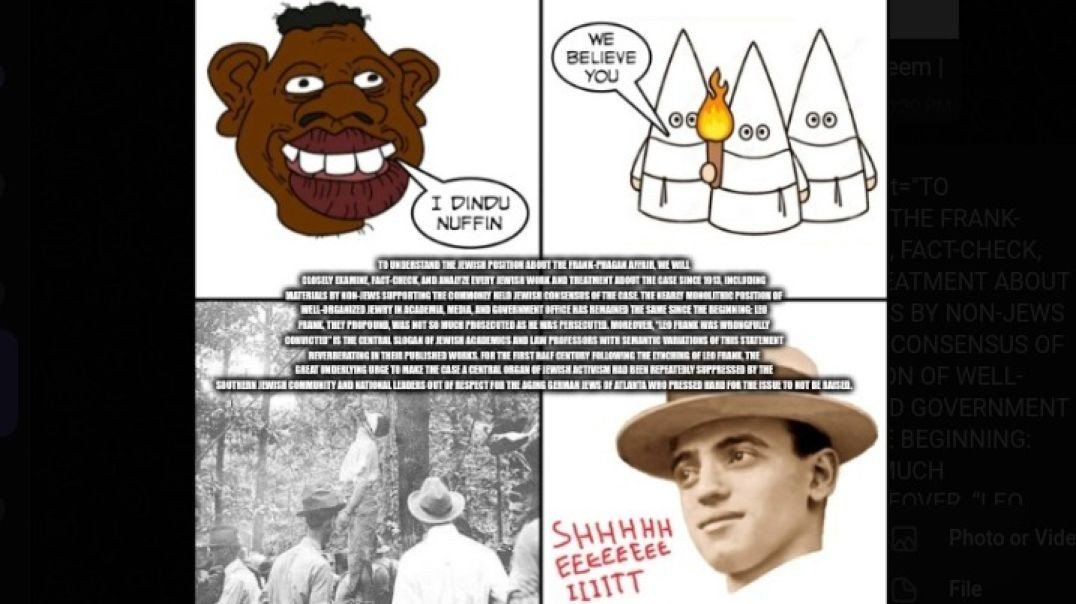

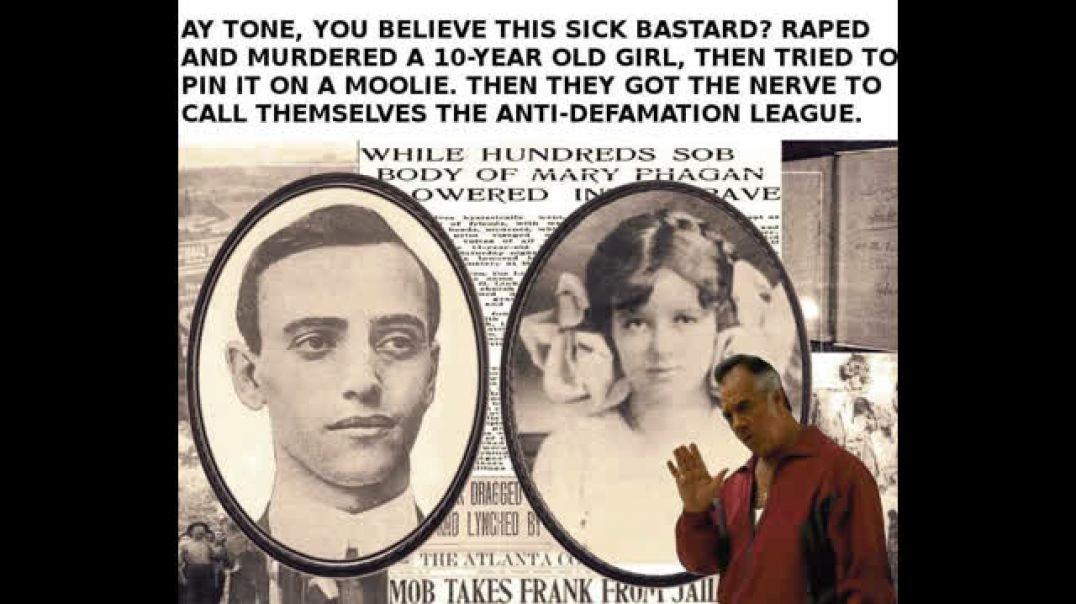
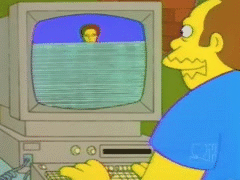
![110 YEARS AGO WAS THE LAST TIME AMERICA ⚖ HAD TRUE JUSTICE [THE HANGING OF LEO MAX FRANK]](https://s3.us-central-1.wasabisys.com/altcast1/upload/photos/2025/08/2jiCkxZg9L9enPe1OgyY_19_122a566a6cc1f8e091ca1199f287a054_image.jpg)
